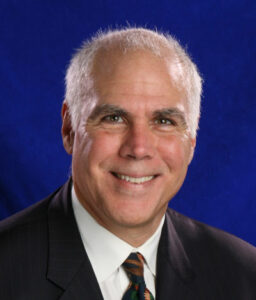
Project Moonshot EDU: Accelerating Learning with the T3 Framework for Innovation
Dr. Anthony J. Magana III EdD
Magana Education, USA
COVID-19 has wreaked havoc on learning and wellbeing globally. Exceptional measures are needed to get students back on track after a catastrophic epoch for education (United Nations Education Report, 2021). To meet this extraordinary challenge, today’s teachers and leaders must implement breakthrough teaching methods that have been shown to reliably accelerate student learning. The T3 Framework for Innovation is a next-generation pedagogy that was synthesized from 4 decades of pioneering research by Dr. Sonny Magana. Compounding, peer-reviewed research shows that the T3 Framework strategies have an effect size of 1.6 and higher—which is equivalent to quadrupling student learning productivity. The T3 Framework for Innovation was recently inducted into the prestigious Oxford University Research Encyclopedia of Education. In this interactive keynote session, Dr. Magana will share how the T3 Framework provides a blueprint for reversing the “Pandemic Slide Effect” and realizing the Project Moonshot EDU goal of accelerating wellbeing and learning productivity.
Read Full Abstract
Read Biography
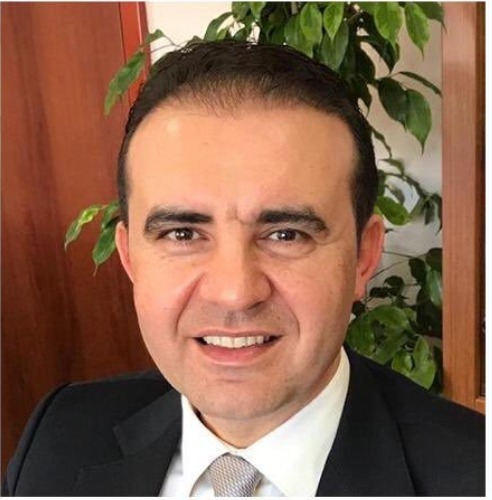
Eğitimde inovasyon kültürü: boyutları, formasyonu ve bağlantıları
Mehmet Fatih ÖZMANTAR
Uludağ Üniversitesi Fen Erdebiyat Fakültesi Matematik Bölümü
Prof.Dr. Mehmet Fatih Özmantar, Uludağ Üniversitesi, Fen Edebiyat Fakültesi, Matematik bölümünden 1998 yılında mezun oldu. Yüksek lisans ve doktora çalışmasını Leeds Üniversitesinde matematik eğitimi alanında tamamladı. Halen Gaziantep Eğitim Fakültesinde öğretim üyesi olarak görev yapmaktadır. TÜBİTAK ve Avrupa Birliği tarafından desteklenen projelerde görevler üstlenmiştir. Yer aldığı projeler, teknoloji destekli matematik öğretimine ilişkin program geliştirme, öğretmenlerin mesleki gelişimlerini destekleyecek uygulamalar geliştirme, öğretimin teknoloji ile zenginleştirilmesi ve sosyal içerme konularına odaklanmıştır. Yaptığı yayınlar ve araştırmalarının odaklandığı konular arasında matematik eğitiminde sosyo-kültürel kuramlar, eleştirel pedagoji, matematik dersi öğretim programları, sürekli mesleki gelişim, öğretmen eğitimcileri, kavram yanılgıları ve etkinlik temelli öğretim öne çıkmaktadır.
Read Full Abstract
Read Biography

Excellence and Innovation Education: Global Practices and Future Trends
Prof. Dr. Y. Bar Shalom
Chair, M.A in Educational Counseling Program, Ramat Gan Academic College, Israel
In his keynote, Bar Shalom will discuss the importance of empathy in all higher education settings. Empathy is needed if we believe that Higher Education can be a potential setting for personal, interpersonal and communal transformation. Drawing from his research and experience with transformational leadership and his involvement with Dr. David Burns’ TEAM CBT approach to counseling and therapy, Bar Shalom will introduce the 5 secrets of effective communication which can have a beneficial use in many academic and organizational settings. Participants will be able to use these tools right away, in the social and organizational setting in which they operate.
Read Full Abstract
Read Biography

Multiple Configurations for Higher Education as a Result of the Covid Era
Prof. Dr. Gordon Freedman
National Laboratory for Education Transformation, USA
Higher education and the secondary education and training associated with higher education experienced a massive Covid-related shock and relocation to remote learning worldwide. This inauspicious event did not simply pause higher education organization and processes, it permanently disrupted them. The global pandemic also intersected with a global push for diversity, inclusion and equity in education practices and responsibility. As result, the world of education, training and access to education has changed not into one new thing, or back to the old, but into a variety of multiple modes of education. Also, the connection between education and equal access to education has led to deeper connections to employment outcomes, something many higher education institutions do not track or enable very well. The new world of multiple configurations and multiple objectives is underway. This talk will discuss these events in the U.S. and also globally.
Read Full Abstract
Read Biography
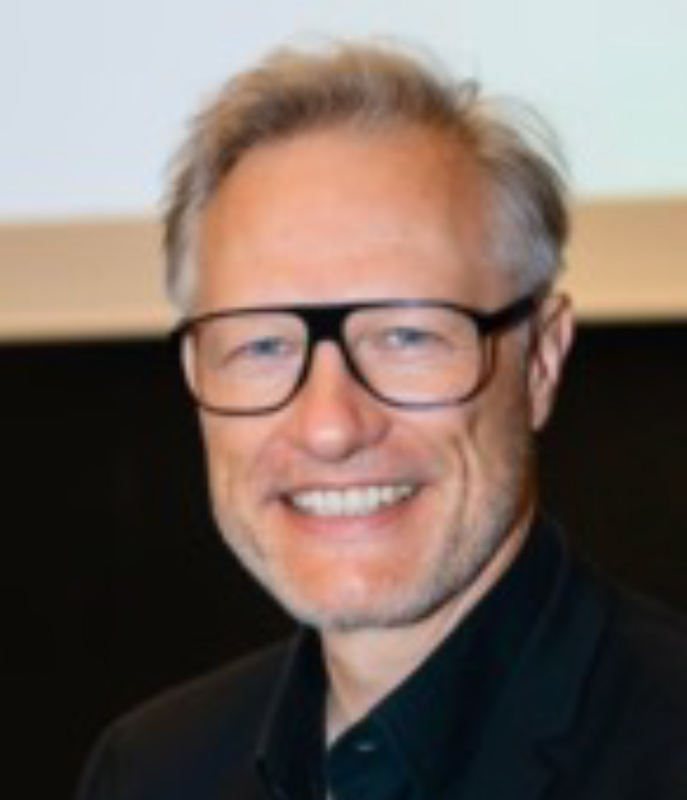
Recommendations for Working with the ISO-strategy – School Development in the Balance of Innovation, Sustainability, and Optimization
Prof. Dr. Stephan Huber
Head of Research and Development, and Head of the Institute for the Management and Economics of Education, University of Teacher Education, Switzerland.
Especially in this current situation at the end of the COVID crisis, leaders of educational institutions and teaching staff are confronted with colleagues who are highly motivated, who even want to reinvent learning settings, but also with colleagues who would prefer to return to old habits. All experience high levels of stress, some associated with high levels of exhaustion. In this context, working with a teaching and learning strategy and a focused approach is of particular importance so that the right thing is done and the right thing is done right – this can be innovating, sustaining and optimizing – all at the same time in a coordinated balance. This requires responsible action with different perspectives.
Read Full Abstract
Read Biography
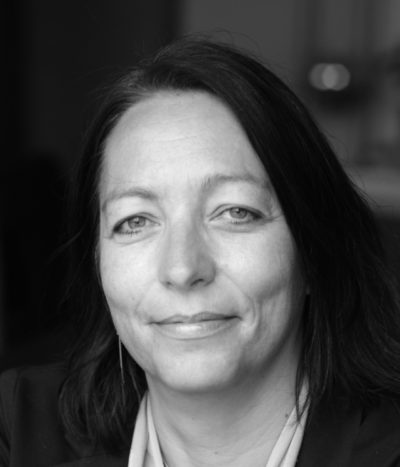
Changing perspectives – Innovation and excellence through international co-operation in Higher Education
Prof. Dr. Wiltrud Weidinger
Zurich University of Teacher Education
The keynote speech of this year’s HETL conference in Istanbul focuses on the power of cross-cultural cooperation and transcultural exchange as a motor for innovation and excellence in the Higher Education context. In the light of rapidly changing societies and uncertain global development, Higher Education institutions face the challenges of preparing students for a future labor market that is partly unknown. Higher Education institutions need to adapt their study programs to meet international standards and reform their curricula considering perceived trends in teaching and learning, incorporate new findings from educational science, or make their institutions more attractive to students. The pressure on Higher Education institutions becomes visible in questions like: What competencies will be needed and must be included in our study programs? How do Higher Education institutions meet these needs, and how can faculty come on board for new development and changes that are not only triggered by emergency actions like the COVID 19 pandemic? Moreover, where do we find the necessary budget for training our personnel for fulfilling all this?
Read Full Abstract
Read Biography
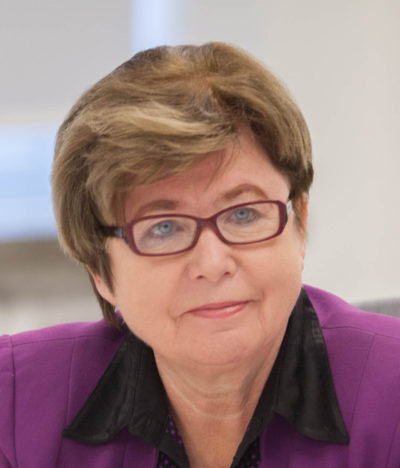
Programmes for Continuous Professional Development and Lifelong Learning
Danguole Rutkauskiene
President, National Association of Distance Education
Abstract coming soon…
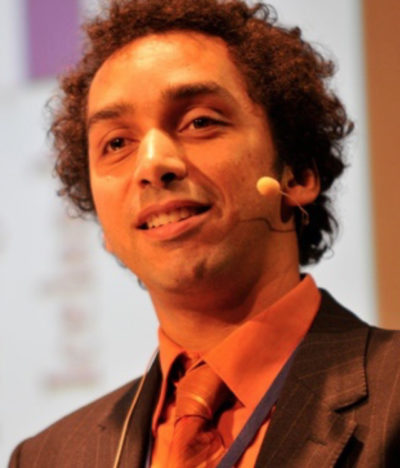
Supporting Innovation in Basic-Higher Education
Stéphan Vincent-Lancrin
Deputy Head of the Centre for Educational Research and Innovation (CERI) Organisation for Economic Co-operation and Development (OECD), Paris-France
Abstract coming soon…
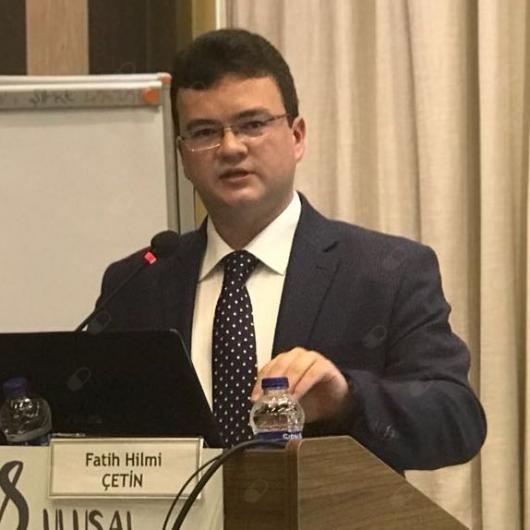
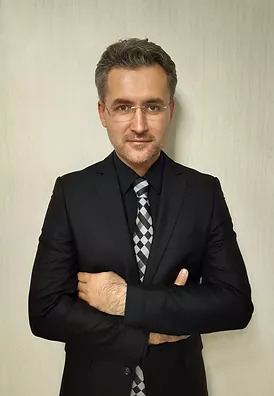
Halit Necmi UÇAR
Innovative Approaches İn The Treatment Process Of Children With Attention Deficit Hyperactivity Disorder And Specific Learning Disability From The Perspective Of The Teacher-Family-Physician Triangle
Fatih Hilmi ÇETİN
Department
Attention deficit hyperactivity disorder (ADHD) is a neurodevelopmental disorder that generally starts in early childhood and progresses with symptoms of attention deficit, hyperactivity and impulsivity that are inappropriate for their age. ADHD, which is one of the most frequently diagnosed psychiatric disorders of childhood, causes problems in social, emotional, mental, behavioral and academic areas of the individual’s life, and its symptoms can last for 40-60% of life. Learning Disorder, written expression disorder/dysgraphia (lettering/writing, grammar and punctuation, written expression clarity or order) in DSM-5 with reading disorder/dyslexia (word reading, reading speed and fluency, reading comprehension) It has been grouped as disorders that go with numerical disorder/dyscalculia (number perception, relations between numbers and knowing the rules, correct and fluent calculation, numerical reasoning). ADHD and LD often coexist and significantly affect the academic and social functioning of the child. In this case, in addition to the necessity of pharmacological treatment, non-pharmacological interventions that can be applied in the classroom and at home contribute to the functionality of the child.
In this presentation, it is aimed to summarize the non-pharmacological innovative interventions that can be done in the classroom and at home and increase the academic and social functionality of the child by emphasizing the importance of drug therapy in the treatment of children with ADHD and LD.
